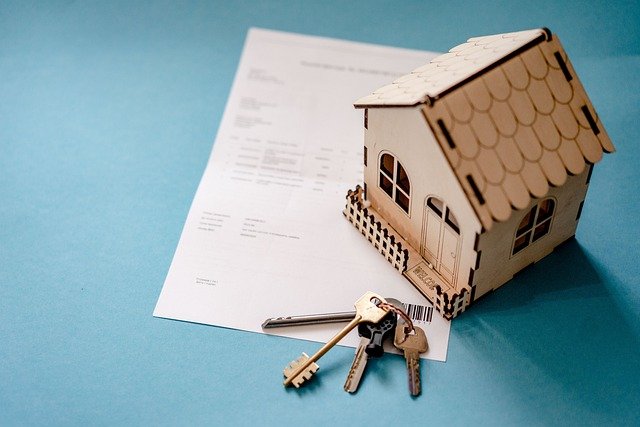Strategies for long-term management of overseas properties
Managing property abroad requires a combination of local knowledge, consistent oversight, and careful financial planning. This article outlines practical strategies for long-term international ownership, covering legal compliance, tax considerations, financing, inspections, and effective property management approaches that help protect value and reduce risk.

Owning property in another country can be an effective long-term investment or lifestyle choice, but it requires proactive systems to protect value and reduce surprises. Long-term management goes beyond occasional visits: it involves establishing reliable local contacts, clear financial arrangements, and ongoing compliance with local laws and tax regimes. This article examines practical strategies to keep an overseas property secure, compliant, and productive over years or decades.
How can you set up consistent property management?
A reliable management arrangement is the backbone of long-term overseas ownership. Consider hiring a local property manager or management company that handles tenant screening, maintenance, rent collection, and communication. If you prefer more control, appoint a trusted local representative—such as a lawyer or a professional property manager—with written authority to act. Use digital tools for reporting and payments (cloud accounting, remote access to documents, and scheduled video inspections) and establish monthly or quarterly check-ins so issues are identified early.
What tax and compliance issues should you track?
International ownership triggers layered tax and compliance obligations: local property taxes, potential non-resident income tax, reporting requirements in your home country, and compliance with anti-money-laundering (AML) rules. Maintain records of rental income, expenses, and capital improvements. Work with a cross-border tax advisor to confirm filing obligations and available credits or treaties that can reduce double taxation. Regular compliance reviews every 12 months help avoid penalties from missed declarations or changes in local rules.
How do mortgage, financing, and currency risks affect long-term plans?
Financing overseas property often involves different lending criteria, down payment expectations, and interest structures. If you hold a mortgage in a foreign currency, currency fluctuations can materially affect repayments. Where possible, consider fixed-rate products or hedging strategies to limit volatility, and maintain a contingency fund for rate changes. Before committing, compare local financing terms to international lenders and verify that a mortgage permits long-term rental or subletting if you plan to generate income.
How should you manage title, insurance, and inspections?
Clear title and adequate insurance are essential. Conduct thorough title searches with local legal counsel to confirm ownership rights, easements, and restrictions. Insurances should cover property damage, liability for tenants or visitors, and loss of rent. Schedule professional inspections at least annually and after major weather events to identify structural issues, plumbing, and electrical concerns early. Keep an inspection log and photos to support insurance claims and maintenance planning.
What are key considerations for transfers, visas, and zoning?
Property ownership may interact with residency and visa rules in some countries, but owning property does not automatically grant residency. Confirm visa policies separately and verify whether ownership imposes any obligations (for example, mandatory local administration or registration). Zoning regulations affect permissible uses—short-term rentals, conversions, or commercial activities—so consult local planning authorities before changing property use. When transferring ownership, follow local transfer tax, stamp duty, or registration processes precisely to avoid delays.
How can you plan long-term maintenance and local engagement?
A preventative maintenance schedule preserves value and reduces unexpected costs. Create a rolling maintenance plan covering roofing, HVAC, pest control, gutter clearing, and seasonal tasks tailored to the local climate. Maintain relationships with reliable contractors and keep spare parts and materials locally or accessible. Engage neighbors and local community contacts who can alert you to issues when you are away. Document warranties, service contracts, and supplier contacts in a centralized digital folder accessible to your manager or representative.
Conclusion Long-term management of overseas properties depends on systems: dependable local management, thorough legal and tax clarity, prudent financing and currency planning, regular inspections, and a proactive maintenance schedule. Combining professional advice with reliable on-the-ground partners and digital oversight tools helps preserve value and lowers operational risk over time. Clear documentation and scheduled reviews ensure your international property remains compliant, insured, and well maintained for the long term.






